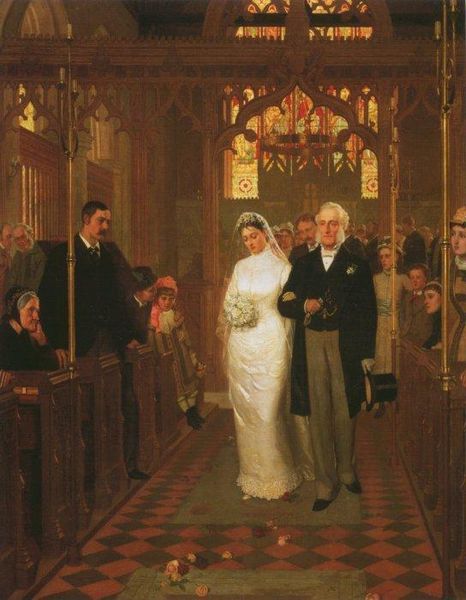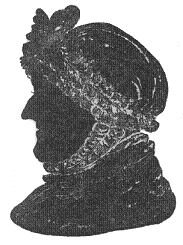“Just the omission of Jane Austen’s books alone would make a fairly good library out of a library that hadn’t a book in it.” — Mark Twain
“Tonstant Weader Fwowed up.” —Dorothy Parker’s Book Review of The House at Pooh Corner.
“People who like this sort of thing will find this the sort of thing they like.” — Abraham Lincoln, in a book review
Reviews. The thought of them can strike terror into an author’s heart. Will the reviewer appreciate the sly wit and clever heroine? Find the hero dreamily attractive and powerful? Or will she point out that if the hero and heroine had only cleared up one little misunderstanding, the book would have been over after fifty pages?
My first book comes out on Tuesday, and it’s already received one review, a complimentary one from Romantic Times. When it reaches the general reading public, chances are good it’ll get some bad reviews, too–after all, I made one huge historical inaccuracy, which will bother some people, my heroine can be perceived as snotty, and the plot, well, is not so layered.
I welcome any and all reviews. Prior to writing fiction, I wrote music reviews for 15 years for two different music industry publications. I fielded many, many calls from musicians and record labels who wanted reviews, people who disagreed with my, and my staff’s, reviews, and people who thought our magazine had been accurate in its subjective opinion. So for me to dismiss any bad review out of hand would be hypocritical.
What I do not like, at all, are sycophantic reviews. You do romance authors and their potential audience no favors when you gush about a book, or an author, with no degrees of assessment. For example, I love Anne Stuart. Do I think Shadow Dance is as good as To Love A Dark Lord? No. That doesn’t mean I’m not supportive of her work, don’t love her as an author, won’t buy her books in the future. A few posts ago, Elena posted about Laura Kinsale, an author who inspires fanatical devotion from her fans. If a fan of her dark books didn’t like her light books as much, would that mean she was somehow disloyal? No.
And yet, it is a peculiarly romance genre thing to insist on blind devotion. The New York Times Book Review usually features reviews written by one author about another’s work. Is that author accused of disloyalty if they don’t like the book? I should hope not. It’s an opinion, a subjective one that, if written well, should demonstrate exactly why the reviewer didn’t like the book. It doesn’t mean the reviewer isn’t a nice person, or isn’t appropriate to review the book in question, or has a personal vendetta against the author. It simply means that, in the reviewer’s opinion, the book wasn’t that good.
When I first started writing romance, I also started writing romance reviews for the website All About Romance. I was proud to review for them because I got to state my opinion, recommending plenty of good books and advising readers to avoid some others. Although I don’t write for them any longer, I still go to AAR for reviews, and lately I’ve taken to visiting readers’ blogs to find recommendations (I’ve got a sidebar full of links on my Writer’s Diary page: (www.meganframpton.com/diary.html).
I don’t look to reviews to corroborate my own opinion. I look to reviews to help me decide what to read, not to cheerlead. I want honesty, and if someone doesn’t like my book, or books that I like, I won’t take it personally.
Do you read reviews? If so, why? If you’re an author, do you hunt for them, or avoid them? As a reader, do reviews influence your buying decisions?


